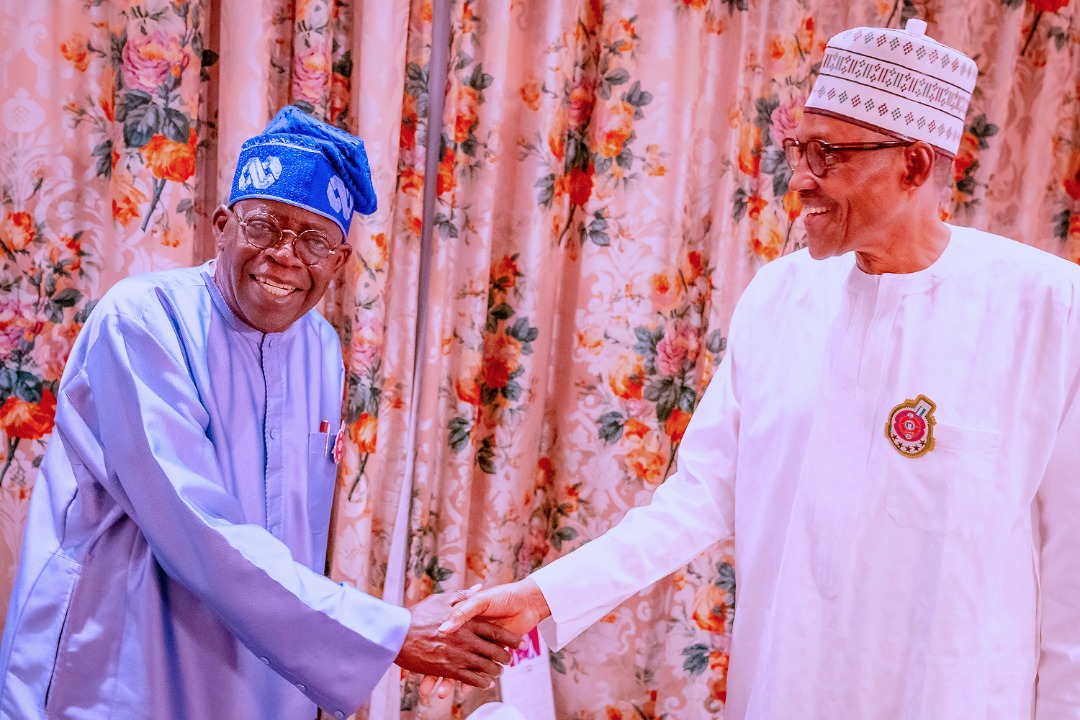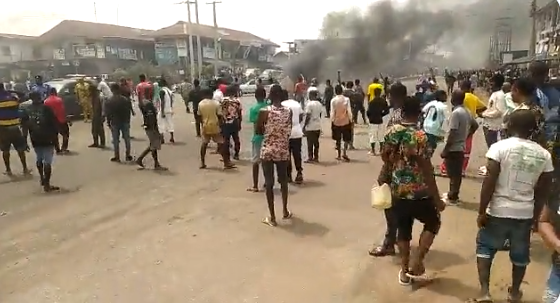A federal high court in Abuja has dismissed a suit seeking to stop the general election over the exclusion of Nigerians in diaspora from voting.
Delivering judgment on Wednesday, Inyang Ekwo, the presiding judge, held the suit lacked merit.
The judge also held that the right to vote in elections was not guaranteed by the country’s laws for Nigerians living abroad.
“The court does not enact laws. It cannot also expand the law in order to accommodate an issue before it no matter how sympathetic or humanitarian the cause or situation is,” the court held.
Advertisement
“It only interprets and expounds the laws, and it is the law as stated before in this judgment, that when interpreting the provisions of a statute, the court must not ascribe meanings to clear, plain and unambiguous provisions in order to make such provisions conform to the court’s view of their meanings or what they ought to be.”
The judge said by the provisions of sections 77(2) and 117(2) of the 1999 constitution (as amended), the right to vote is reserved for Nigerian citizens resident in Nigeria.
“The right to vote for a president or governor is tied to the right to vote in an election of any legislative house, going by the provisions of sections 132(5) and 178(5) of the 1999 constitution (as amended),” the judge added.
Advertisement
Ekwo also raised concerns over the filing of the suit three months to the general election.
“The applicants can only be commended for bringing this matter to the fore. However, the court is not where the solution lies for now,” he said.
“What this case has revealed is that there is lacuna in the existing law with respect to the right of Nigerians in the diaspora to votes in elections in Nigeria.
“The lacuna here is not such that the court can fill by pronouncement or by importing statutory provisions from anywhere.
Advertisement
“There is a situation whose solution is by legislative and not judicial process.”
Chikwe Nkemnacho and Kenneth Nkemnacho, the plaintiffs who live in the United Kingdom, instituted the case on behalf of Nigerians in the diaspora.
The Independent National Electoral Commission (INEC), the INEC chairperson, the president of the Federal Republic of Nigeria, and the Federal Republic of Nigeria are listed as the first to fourth defendants, respectfully.
In the suit marked FHC/ABJ/CS/2119/2022, the plaintiffs asked the court to order INEC and the federal government to suspend campaigning for the 2023 elections until they are included as registered voters for the polls.
Advertisement
Additionally, they asked the court to rule thatin accordance with sections 13, 14, 42, and 17 of the 1999 constitution, those of them who are of voting age are entitled to take part in the electoral process by registering to vote in all elections, regardless of their places of residence.
Advertisement
Add a comment






